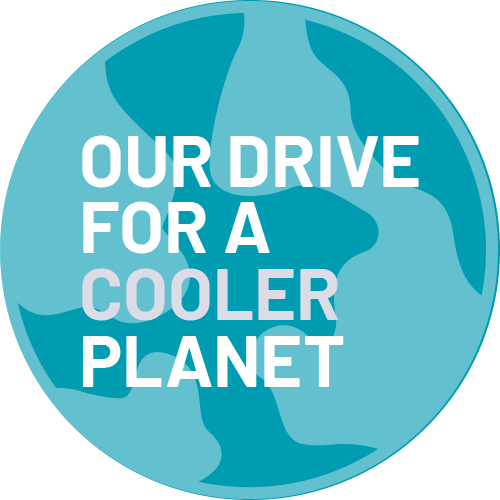Case Study
Italian academics include Invertek in pioneering solar energy research

Problem
Test engineers were unable to control the mass flow rate and temperature in the cooling loop of photovoltaic panels they were testing because they had two electric motors running at a constant speed from a single phase supply – one 100W and one 200W.
Solution
Two Optidrive E3 single phase VFDs were installed to control each motor. This allowed the engineers to regulate the parameters and increase the flexibility of the thermal loop without having to change the power supply to an industrial three phase. The VFDs used in this installation are also rated to IP66, which means they are built to protect the electronics housed inside from dust and water ingression.
Solar Tech Laboratory
Researchers at the Solar Tech laboratory housed at the Department of Energy at Italy's largest technical university, Politecnico di Milano, are undertaking pioneering experimental work to identify how developing the use of solar energy could help address some of the complex problems currently affecting the global energy sector.
Optidrive E3 single phase drives have been installed in a project which is testing solar energy conversion systems under real conditions and developing prototypes for use in residential applications. The results of this research could have significant implications on ever increasing household energy bills.
Invertek's Optidrive E3 Single Phase Output inverter is uniquely designed for use with single phase permanent split capacitor (PSC) or shaded pole motors, giving precise speed control and superior efficiency compared to other single phase motor speed control solutions. This is of key interest in solar power applications where the focus is to maximise energy efficiency and make best use of the available solar energy under all operating conditions.
The solar lab currently has more than 20 photovoltaic panels located on its roof which are used to test output and conversion under a number of different parameters. Operators reported that they were not able to control the mass flow rate and temperature in the cooling loop because it had two electric motors running at a constant speed from a single phase supply – one 100W and one 200W.
The Solar Tech Laboratory approached Invertek's Italian sales partner, SP Electric, to find out if it could provide a solution to this problem. Enrico Rebuffi, Sales Director at Invertek Italia said: "We advised the laboratory to install two Optidrive E3 single phase inverters – one to control each motor. This allowed the operator to regulate the parameters and increase the flexibility of the thermal loop without having to change the power supply to an industrial three phase."
The VFDs used in this installation are also rated to IP66, which means they are built to protect the electronics housed inside from dust and water ingression.
Giampaolo Manzolini, Assistant Professor of Energy and Environmental Systems at the School of Industrial Engineering, Politecnico di Milano, said: "The flexibility brought by the inverters to the cooling loop allowed a more accurate testing of solar thermal systems for residential applications, as well as an optimisation of the thermal circuit operating conditions."
Invertek Drives designs, manufactures and markets a wide range of variable speed drives that are used in a host of applications across the globe. The independently owned company has significantly invested in its core technology to ensure its products address the issues that have been identified as most important in a number of both industrial and, thanks to the introduction of the E3 Single Phase, domestic applications.
Kes Beech, Technical Manager at Invertek Drives, said: "We originally introduced the cost effective and easy to use Optidrive E3 Single Phase for use with PSC (permanent split capacitor) or shaded-pole single phase induction motors. The E3 Single Phase is widely used to save energy in residential applications, such as pump control in domestic swimming pools. However, as users worldwide develop a greater understanding of both the energy saving capabilities, and the advanced motor control that comes from using VSDs, their use is becoming more and more widespread in household applications."














